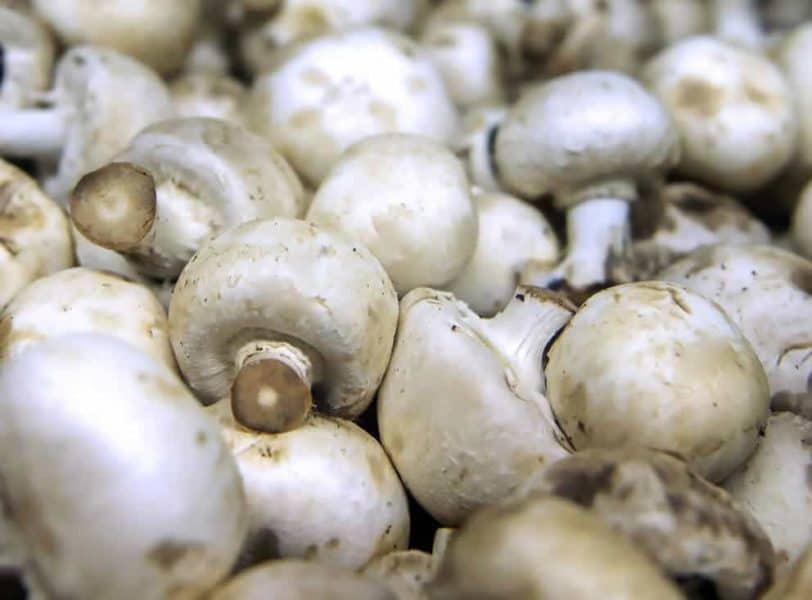Summary: Researchers at City of Hope have uncovered the mechanism behind white button mushrooms’ potential to slow prostate cancer progression. The study, combining laboratory and clinical trial data, demonstrates that these common mushrooms can reduce specific immune cells that typically allow cancer to spread, while boosting cancer-fighting cells.
Journal: Clinical and Translational Medicine, October 10, 2024, DOI: 10.1002/ctm2.70048 | Reading time: 4 minutes
From Kitchen to Cancer Care
The humble white button mushroom, a staple in kitchens worldwide, may hold unexpected promise in the fight against prostate cancer. In a groundbreaking study at City of Hope, researchers have revealed why this common fungus could become a powerful ally in cancer treatment.
“City of Hope researchers are investigating foods like white button mushroom, grape seed extract, pomegranate, blueberries and ripe purple berries called Jamun for their potential medicinal properties. We’re finding that plant-derived substances may one day be used to support traditional cancer treatment and prevention practices,” said Shiuan Chen, Ph.D., senior author of the study and professor at City of Hope.
Understanding the Mechanism
The research team discovered that white button mushroom supplements reduce specific immune cells called myeloid-derived suppressor cells (MDSCs), which have been linked to cancer spread. In both laboratory mice and human trials, the mushroom treatment showed remarkable effects.
When tested in mice, the mushroom extract significantly slowed tumor growth and extended survival. More importantly, it improved the immune system’s ability to fight cancer by reducing MDSC levels and enhancing T cell response.
From Laboratory to Clinical Trials
The research didn’t stop at animal studies. In a phase 2 clinical trial, researchers examined blood samples from participants taking white button mushroom supplements. After three months of treatment, participants showed decreased levels of tumor-promoting cells and increased numbers of cancer-fighting T and natural killer cells.
However, the researchers emphasize caution. “Our study emphasizes the importance of seeking professional guidance to ensure safety and to avoid self-prescribing supplements without consulting a health care provider,” said Xiaoqiang Wang, M.D., Ph.D., first author of the study. “Some people are buying mushroom products or extract online, but these are not FDA-approved. While our research has promising early results, the study is ongoing.”
Glossary:
– Myeloid-derived suppressor cells (MDSCs): Immune cells linked to cancer development and spread
– T cells: Immune cells that help fight cancer
– Natural killer cells: Immune cells that can destroy cancer cells
– Integrative oncology: The use of naturally derived therapies alongside traditional cancer treatment
– Phase 2 clinical trial: A research phase testing a treatment’s effectiveness in a larger group of patients
Quiz:
1. What type of cells does white button mushroom treatment reduce?
Answer: Myeloid-derived suppressor cells (MDSCs)
2. What positive change was observed in the immune system during the study?
Answer: Increased numbers of cancer-fighting T and natural killer cells
3. How long did participants take mushroom supplements before showing results?
Answer: Three months
4. According to the researchers, what should people avoid doing?
Answer: Self-prescribing mushroom supplements without consulting a healthcare provider
Enjoy this story? Get our newsletter! https://scienceblog.substack.com/
If our reporting has informed or inspired you, please consider making a donation. Every contribution, no matter the size, empowers us to continue delivering accurate, engaging, and trustworthy science and medical news. Independent journalism requires time, effort, and resources—your support ensures we can keep uncovering the stories that matter most to you.
Join us in making knowledge accessible and impactful. Thank you for standing with us!

